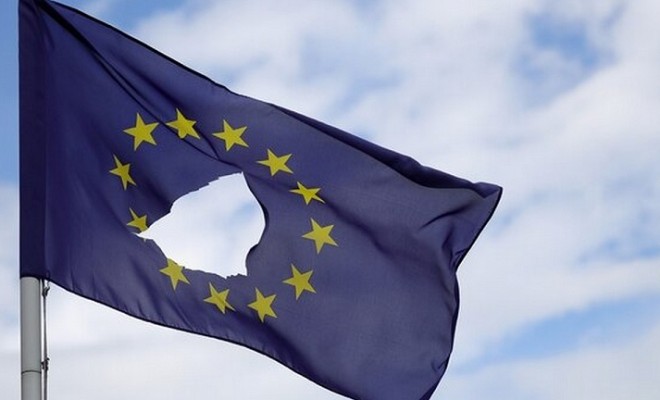
Euro Zone: Intermission
There’s no crisis yet, but sooner or later market unease, fueled by the pandemic, will lead to a reckoning.
If there is one thing that those running the euro zone have learned, it is that the inedible can become palatable if left out to fester more thoroughly.
At the end of last week, and after the now traditional bitter arguments, the euro zone’s leadership agreed on a package that could deliver up to €540 billion in funds to bolster the currency union’s economies in the wake of COVID-19.
Essentially, it was made up of what Mário Centeno, the president of the Eurogroup (a steering committee made up of euro-zone finance ministers), described as three “safety nets,” in addition to the sizable interventions already made by the bloc’s “fiscal and monetary authorities,” including the European Central Bank.
These safety nets comprised a fund of up to €100 billion to back up national welfare systems, up to €200 billion in loan finance for smaller companies from the European Investment Bank, and up to €240 billion in “pandemic crisis support” from the ESM (the European Stability Mechanism, the euro zone’s bailout fund). They would, said Centeno, “ensure we grow together, not apart, once the virus is behind us.”
Fine words, although not made more reassuring by their coda:
“These proposals build on our collective financial strength and European solidarity.”
Συνέχεια ανάγνωσης εδώ




